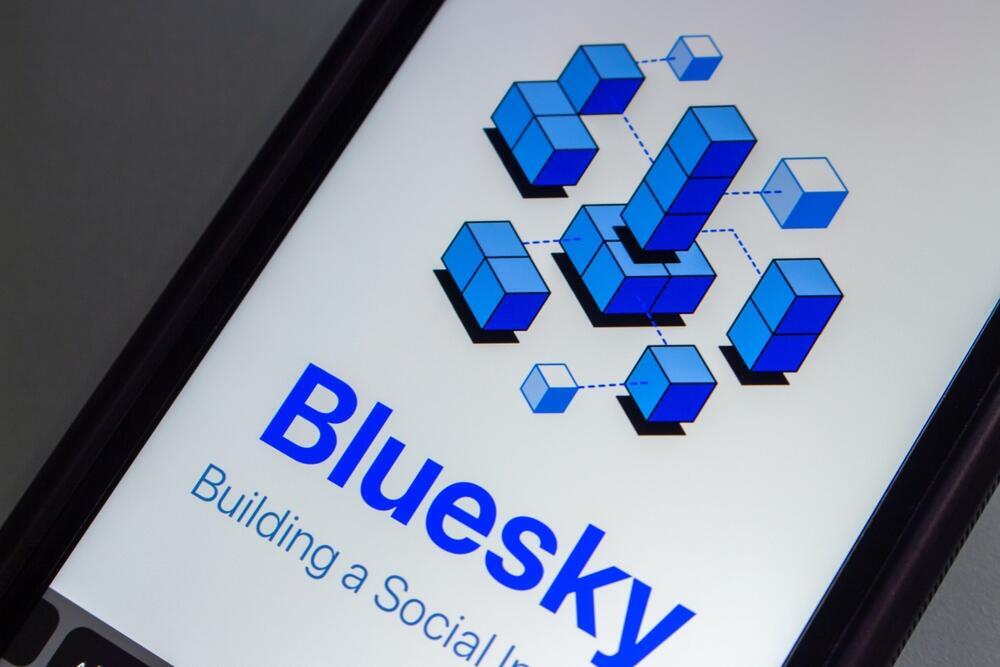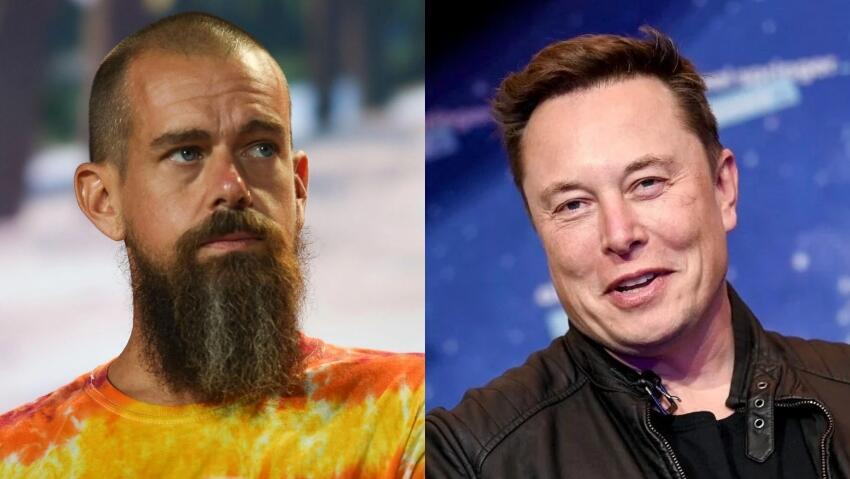So, you know how social media can be a bit of a hot mess sometimes? With all the drama, the algorithms deciding what we see, and big corporations owning all our data? Well, former Twitter CEO Jack Dorsey is trying to change that with his new project. Say hello to Bluesky.
Other stories:
Avoiding overly-detailed technological minutiae, suffice to say Bluesky is a social media platform that's designed to be the opposite of centralized platforms like Twitter and Facebook. It's being developed alongside Twitter, but instead of having all your data stored on one big server, Bluesky is based on a network of smaller servers that are all interconnected. That translates to more control over your data, and your online presence isn't owned by one big corporation.
Bluesky is also using a special framework called the AT Protocol, which is open source. This means that anyone can see how it's built and what's being developed, making it more transparent and collaborative than other social media platforms. In comparison, Twitter's source code is closed and only accessible to a select group of engineers.
Bluesky and Twitter can be likened to the iOS and Android operating systems for smartphones. Twitter, like iOS, is a centralized social media platform, where all data is stored on one central server, controlled by the company.
This means that Twitter has full control over user data and can make changes to the platform without the input of its users.
On the other hand, Bluesky, like Android, is decentralized, which means it is based on a network of interconnected servers, giving users more control and decentralization. This approach also provides more transparency and openness, making it easier for developers and users to contribute and collaborate.
Just as Android allows for more customization and freedom than iOS, Bluesky aims to be more community-driven and transparent than Twitter, offering users greater control over their data and the content they see.
Bluesky's open-source framework built in-house, the AT Protocol, also allows for more transparency and collaboration among developers and users, much like how the open-source nature of Android allows for more innovation and customization by developers.
Bluesky's user interface looks pretty similar to Twitter's, but there's a big difference when it comes to the algorithms. On Bluesky, users get to choose which algorithmic models they want to use for their feed.
So, if you don't want to see any tweets about politics or the Kardashians, you can customize your feed to your liking.
Now, you might be thinking that Bluesky sounds a lot like Mastodon, another decentralized social media platform that's been around for a while.
While that's not necessarily a mistake, there are some key differences between the two. For starters, Mastodon is based on a different protocol called ActivityPub, while Bluesky is using the AT Protocol.
Additionally, Bluesky is being developed with more of a focus on individual communities and their specific needs, while Mastodon embraces a more one-size-fits-all approach.
Overall, Bluesky is still in the early stages of development, but it has the potential to revolutionize the way we think about social media.
With more transparency, user control, and community-focused features, Bluesky could be the platform that provides an alternative for those who found Musk's takeover of Twitter to be disadvantageous to healthy communal engagement on social media.





